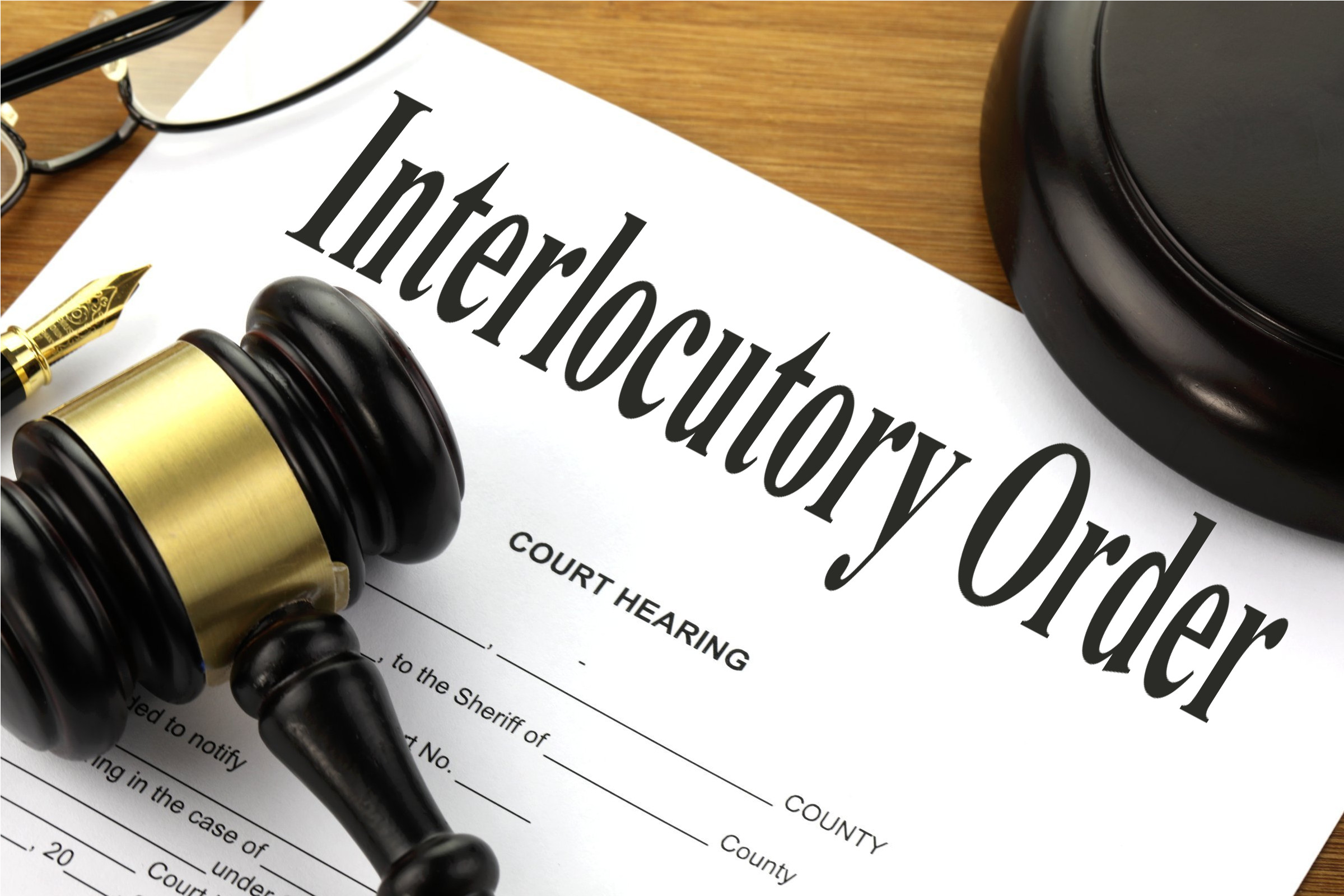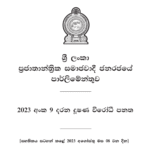Kahandawala Arachchige Indrawansha Vs Mahakumbure Gedara Sandamali Thilakarathne
Case Overview
This case arises from a partition action initiated by the Plaintiff in the District Court, which culminated in an interlocutory decree in 2001 and a final decree in 2002. Subsequent execution of the decrees faced resistance, leading to contempt proceedings and settlements. Years later, a third-party Respondent, not originally a party to the partition action, sought reliefs under Section 325(4) of the Civil Procedure Code, claiming a right of way over the partitioned property.
Key Issues
- Entitlement to Right of Way:
- The Respondent claimed a right of way by prescription or necessity.
- No supporting evidence was provided to substantiate the claim, such as affidavits from predecessors or usage evidence.
- The claim was based solely on an affidavit and supporting documents submitted after acquiring the title in 2012, ten years post-final decree.
- High Court’s Revisionary Jurisdiction:
- The High Court, invoking Article 138 of the Constitution and Section 5A of the High Court (Special Provisions) Act, overturned the District Court’s dismissal of the Respondent’s application.
- The High Court’s judgment granted the reliefs requested by the Respondent, including rights to the roadway and possession, without adequate inquiry or evidence.
- Conclusive Nature of Partition Decrees:
- Under Section 48 of the Partition Law, partition decrees are deemed final and conclusive unless appealed or challenged on exceptional grounds, such as fraud or fundamental error.
- The High Court set aside both the interlocutory and final decrees, undermining the finality attached to partition decrees.
- Execution of Writs Beyond Ten Years:
- The High Court erroneously interpreted the time limits for executing a writ under Section 337 of the Civil Procedure Code, overlooking evidence of prior attempts and resistance within the ten-year period.
Supreme Court Judgment
The Supreme Court found several errors in the High Court’s approach:
- Lack of Evidence: The High Court granted rights based on unverified claims, contradicting established legal standards requiring clear evidence for servitudes.
- Overreach in Jurisdiction: By setting aside the decrees and granting substantive reliefs, the High Court exceeded its appellate and revisionary jurisdiction.
- Violation of Partition Law: The judgment adversely impacted the finality of partition decrees, contrary to the purpose of the Partition Act.
- Misinterpretation of Law: The High Court’s reliance on Section 337 was misplaced, as the Plaintiff had acted within the stipulated timeframe, considering resistance faced during execution.
The Supreme Court allowed the appeal, reinstating the District Court’s decision and awarding costs to the Plaintiff.
Key Takeaways
- The finality of partition decrees must be upheld to maintain legal certainty, barring exceptional circumstances such as fraud.
- Revisionary jurisdiction should be exercised sparingly, with due regard to procedural and substantive justice.
- Claims to servitudes require compelling evidence, such as long-term use or necessity demonstrated through clear, verifiable documentation.
- Courts must diligently verify records to avoid miscarriages of justice.
Conclusion
This case underscores the importance of adhering to procedural safeguards and evidentiary requirements in property disputes. The Supreme Court’s judgment reaffirms the principles of finality in partition law and the limited scope of revisionary powers, ensuring justice is served without compromising established legal norms.
Read Full Judgment














